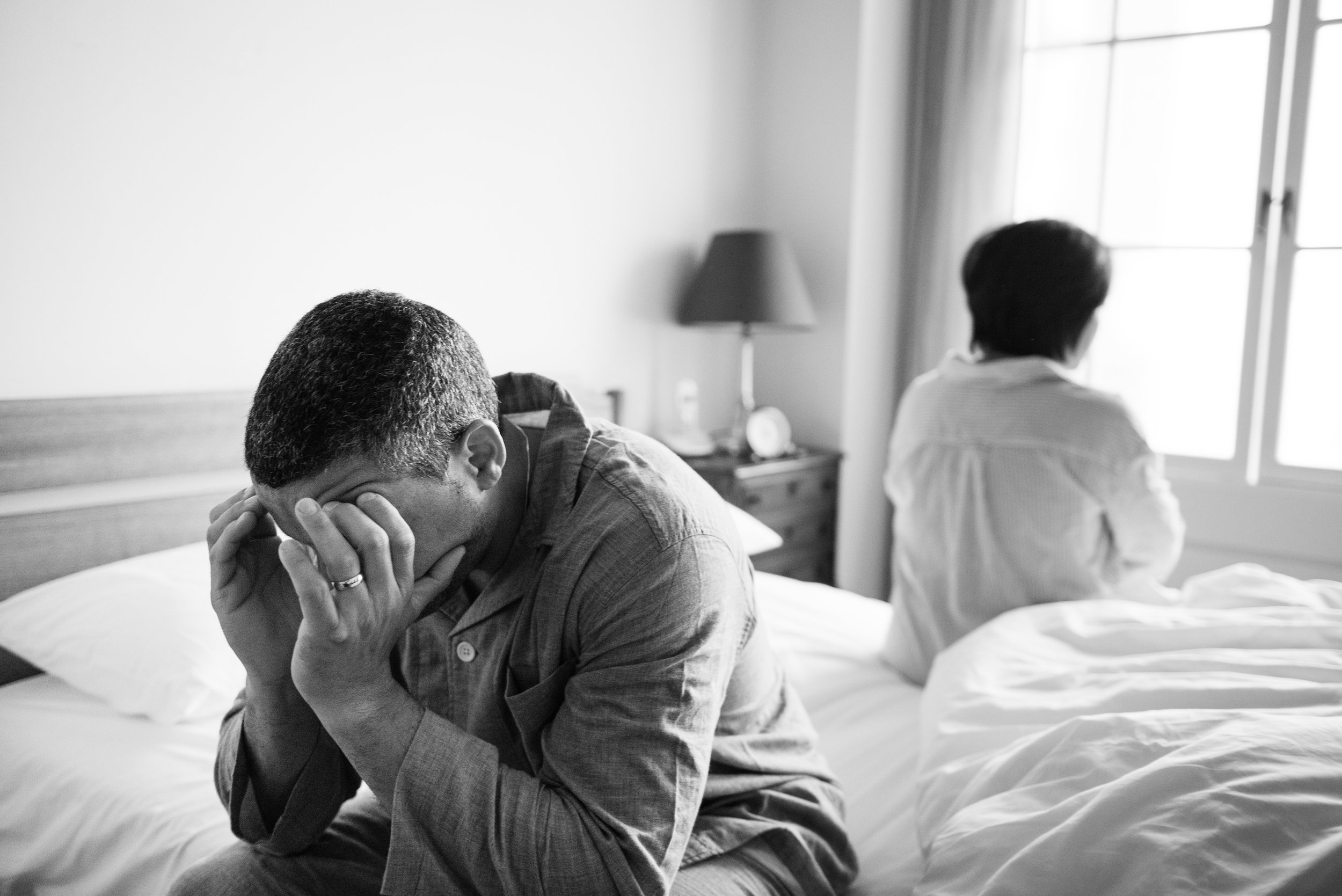7 Reasons People Cheat, Even In Great Relationships
The most common question I hear partners who have been cheated on ask is “why?”. In my therapy office they ask questions like: “Why did he do it?”, “Why did she do this to me?”, “I thought we were doing OK!”, “How could someone I love betray me?”, “I don’t understand! I trusted her”.
Usually, there are not only emotions of anger or rage upset and grief but also total disbelief.
The reasons people cheat on their partner are varied and complex. But there are a number of them that crop up time and time again. Reasons should never be confused with excuses, however. There is never a valid excuse for infidelity and if you are a hurt partner you may need to seek some help to heal and work out if you want to rebuild the relationship after an affair. Part of your journey will no doubt be asking the question “why did this happen?” So as a place to start you might find it useful to think about the following big seven reasons why.
Reasons People Have Affairs:
1. Disconnection
One of the biggest reasons people cheat is the feeling that you and your partner have drifted. Perhaps the relationship has become stale and predictable and one partner is feeling trapped, looking for an escape. There can be lots of reasons for disconnection in a relationship. It could be a lack of proper communication leading to emotional distance. Or it may be that life has become busy and dominated by work and looking after kids and so time together has become more functional than loving.
2. Rejection
Having an affair obviously creates a lot of hurt and rejection. So it can be difficult to see how rejection could cause an affair. But whether through small experiences over time or through big wounds of rejection, a partner can feel that they are no longer cherished and accepted in the relationship. This can sometimes lead to acting out in sexual infidelity. Rejection can be caused by old unresolved hurts or conflicts that have never been repaired. Can be created by a feeling of not being listened to. If one partner doesn't have the space to talk or doesn't feel their partner is interested in listening to them. Rejection can be created by criticism or defensiveness in the relationship.
3. Feeling Picked On Or Nagged
For someone who is feeling picked on in their relationship an affair partner can provide somebody who seems to listen and understand. It can seem as if they are able to show you the interest you've been lacking in your primary relationship. A partner might begin to confide in this new safe friend and develop more attachment than they have with their partner.
4. Imbalance
If there's a lack of balance in a relationship, one partner can begin to feel a bit like a parent and the other like a child. If one partner dominates on decisions or takes responsibility for everything, then this sense of a lack of mutuality in the relationship can really send the connection off-centre. An affair might be tempting in order to feel appreciated and equal. Or it might feel like a way of reclaiming, some sense of independence and authority.
5. Fear Of Commitment
Sometimes affairs occur at times when you might assume people would be the most secure in the relationship such as after getting engaged, or when someone is pregnant. But for a partner who worries about commitment these changes can be very destabilising. Sometimes people can sabotage what they have consciously or unconsciously as a way of rejecting feelings of responsibility.
6. Issues Related To Self-Esteem
Affairs can also arise from personal insecurities. Lack of self-love or self-respect can cause people to be very dependant on the attention of others. And in some cases, the attention of an affair partner.
7. Sexually Addictive Behaviour
Affairs can commonly be linked to problems with sexually addictive behaviour. This is where somebody habitually engages in sexual activity as a way of satisfying desires and relieving negative feelings they find hard to control. These desires can be compulsive in the way a drug or alcohol addiction might be. For some people, this can mean they engage in affairs, repeatedly or in multiple relationships simultaneously.
So, what now? As hard as it might be to believe an affair doesn't have to mean the end of your relationship. If your partner truly regrets what has happened is willing to end the affair and you're both prepared to put the work into finding your way back, there's no reason why you can't save your relationship.
Of course, many couples come to the conclusion that their relationship has run its course, with the affair being a symptom of what was wrong rather than the cause. Whatever the case, trying to examine the issues together is your best chance to make sense of things. The person who's cheated will need to take responsibility for their own behaviour as wrong and not make excuses.
Both partners will need to acknowledge their responsibility for what was wrong with the relationship. This can be really hard for the person who's been cheated on to understand. Taking ownership however, and making plans to secure the relationship is the only way to fully recover after an affair.
If you are struggling with the aftermath of an affair in your relationship you can book a free and confidential conversation with one of our therapists to discuss if our work could help you.

